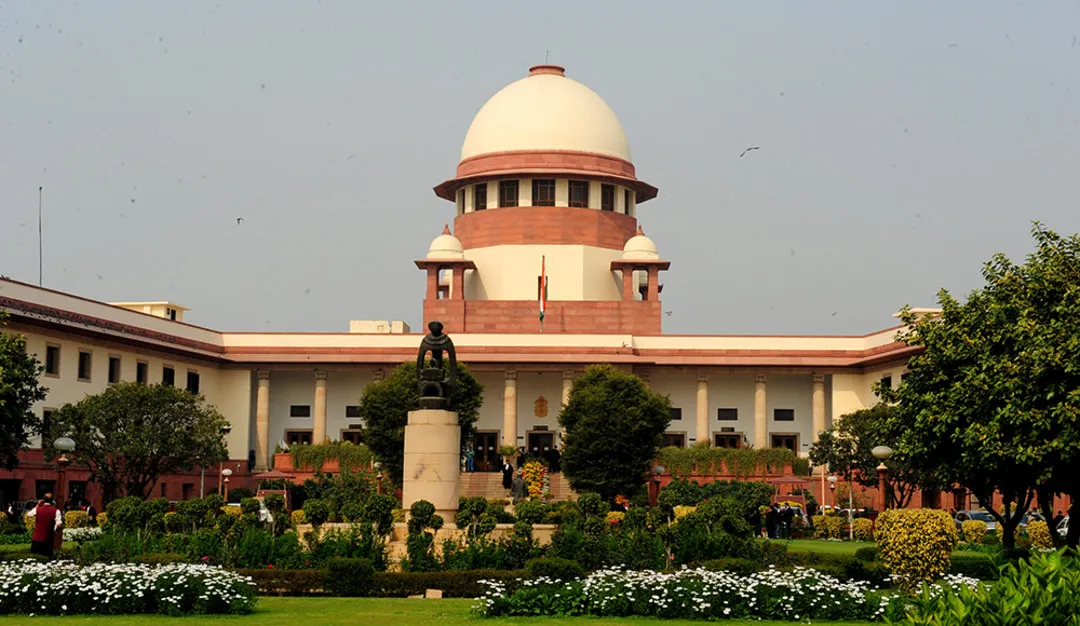The Supreme Court in the case Usha Kaushik v State of Bihar & Ors observed and has recently issued a notice in a Special Leave Petition assailing Patna High Court’s order, allowing three elected persons who were disqualified by the State Election Commission for having more than two children for continuing to participate as members of Panchayat.
The bench comprising of Justice SK Kaul and the Justice MM Sundresh observed and stayed the High Court’s judgement, the bench stated that in the meantime, the operation of the impugned judgment is stayed but as members of the Panchayat, the elected persons will continue to participate.
A complaint is preferred by the petitioner before the State Election Commission alleging that Saryug Mochi, Vijay Paswan and Punam Devi contested elections of the Ward Councillors of Naubatpur, Patna by giving wrong and inaccurate information regarding their living children. Thus, by referring to the provisions of section 18(1)(m) r/w sec 18(2) of the Bihar Municipality Act, 2007, the complaint was filled and which disqualified a candidate in a local body election and if he had more than two living children after the cut-off date of April 5, 2008. The petition was heard by the commission and reserved the judgement but since it didn’t deliver its verdict for more than five months. By way of a writ, the petitioner approached the High Court. However, the same was disposed of by granting liberty to the petitioner to appear before the Commission for rehearing.
The three elected members were disqualified by the commissioner and they approached the High Court and contended that they were not granted sufficient opportunity by the Enquiry Officer. While referring to the judgement in the case Rajani Kumari v State Election Commission, wherein the High Court granted the relief claimed and imposed a cost of Rs 5000 on the State Election Commission.
It was observed that while referring to the principle of law that the official documents are reliable in evidence and cannot be brushed aside simply and it was contended by the petitioner that the documents relied upon were official documents based on the information furnished by these three persons only.
It was observed and stated in the petition that in the findings of the High Court that these three persons were not afforded the sufficient opportunity of hearing by the Enquiry Officer as the same is not reflected in the order passed by the Commission or specifically not reflected in the counter affidavit filed on behalf of the Commission and are not only factually contrary to the records including the pleadings filed by these persons before the Commission and also the Enquiry report, only for the first time,
It is respectfully submitted that as stated above, unsustainable and baseless contention of none affording then sufficient opportunity is taken in the Writ Petitions.























